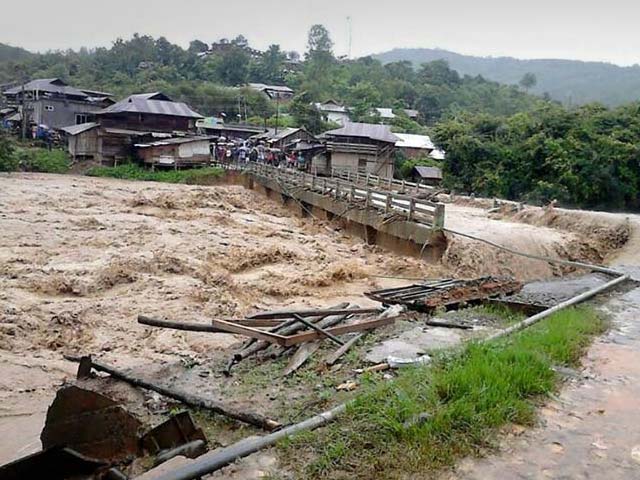The Resilience of Journalism in Conflict: Manipur Ground Reports Win IPI India Awards
Summary of the News
The International Press Institute (IPI) India Awards recognized journalists reporting on the ongoing crisis in Manipur and the Ukraine war. These awards highlighted the challenges faced by journalists working in conflict zones, including threats, censorship, and the emotional toll of covering violence and humanitarian crises. The awards celebrate journalistic bravery and dedication to uncovering the truth in the face of adversity.
A Comprehensive Insight Into the IPI India Awards and Ground Reporting Challenges
Introduction to the IPI India Awards
Journalism often involves stepping into the heart of adversity, and the IPI India Awards recognize those who dare to tell stories that matter. This year’s awards honored exceptional reporting from Manipur and Ukraine, highlighting the courage required to report from regions marred by conflict and instability. Let’s dive into the significance of these awards and the stories they unearthed.
Challenges Faced by Journalists in Conflict Zones
Journalism in conflict areas is no less than walking a tightrope. Reporters in Manipur grappled with mob aggression, limited resources, and the emotional strain of documenting violence. Internet blackouts added another layer of difficulty, forcing journalists to rely on unconventional methods to file their reports. Similarly, coverage of the Ukraine war brought the stark realities of war zones to global audiences, showcasing the resilience of journalists amidst danger.
Manipur: A Case Study of Ethnic and Media Tensions
The Manipur conflict underscores the complexity of ethnic tensions and media narratives. Local journalists often faced accusations of bias, with valley-based media accused of favoring the Meitei community. The challenges were not just editorial but also physical, as journalists were threatened by mobs and pressured by societal divides. Despite these hurdles, their work aimed to present nuanced and balanced accounts of the crisis.
The Role of Ground Reports in Social Awareness
Ground reports from Manipur and Ukraine have been instrumental in shaping public understanding of these crises. By documenting the human cost of conflict, these reports push for accountability and empathy. The stories revealed the resilience of communities and the grim realities faced by displaced individuals, painting a vivid picture of life in conflict zones.
The Importance of Ethical Journalism
Amid allegations of bias and sensationalism, ethical journalism remains paramount. Media outlets in Manipur and Ukraine often walked a fine line between truthful reporting and protecting their staff from harm. The awards also highlight the need for balanced narratives to prevent further divisions and misinformation.
Recognition and Impact of the Awards
Winning an IPI India Award is more than an accolade; it is a validation of journalists’ relentless efforts to tell stories that often go unnoticed. These awards inspire budding journalists to pursue impactful reporting, even in the face of challenges. Moreover, they remind audiences of the vital role the press plays in safeguarding democracy and human rights.
FAQs
- What are the IPI India Awards? The IPI India Awards celebrate excellence in journalism, recognizing courageous reporting that sheds light on critical issues, often in conflict zones.
- What challenges do journalists in Manipur face? They encounter mob aggression, internet shutdowns, and accusations of bias, making it difficult to report accurately and safely.
- Why is ethical journalism important in conflicts? Ethical journalism ensures balanced reporting, preventing misinformation and fostering understanding among divided communities.
- How do awards like IPI impact journalism? These awards motivate journalists to pursue impactful stories and highlight the importance of a free press.
- What is the significance of ground reporting? Ground reports provide firsthand accounts of crises, offering insights that promote empathy and accountability.



